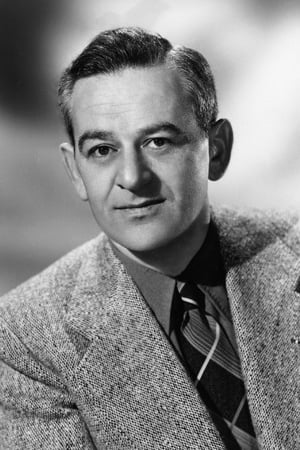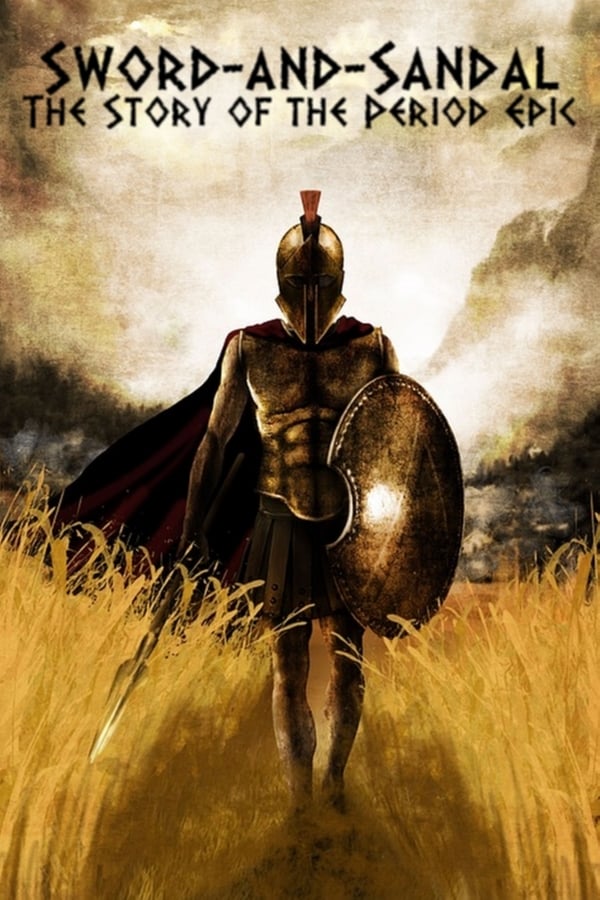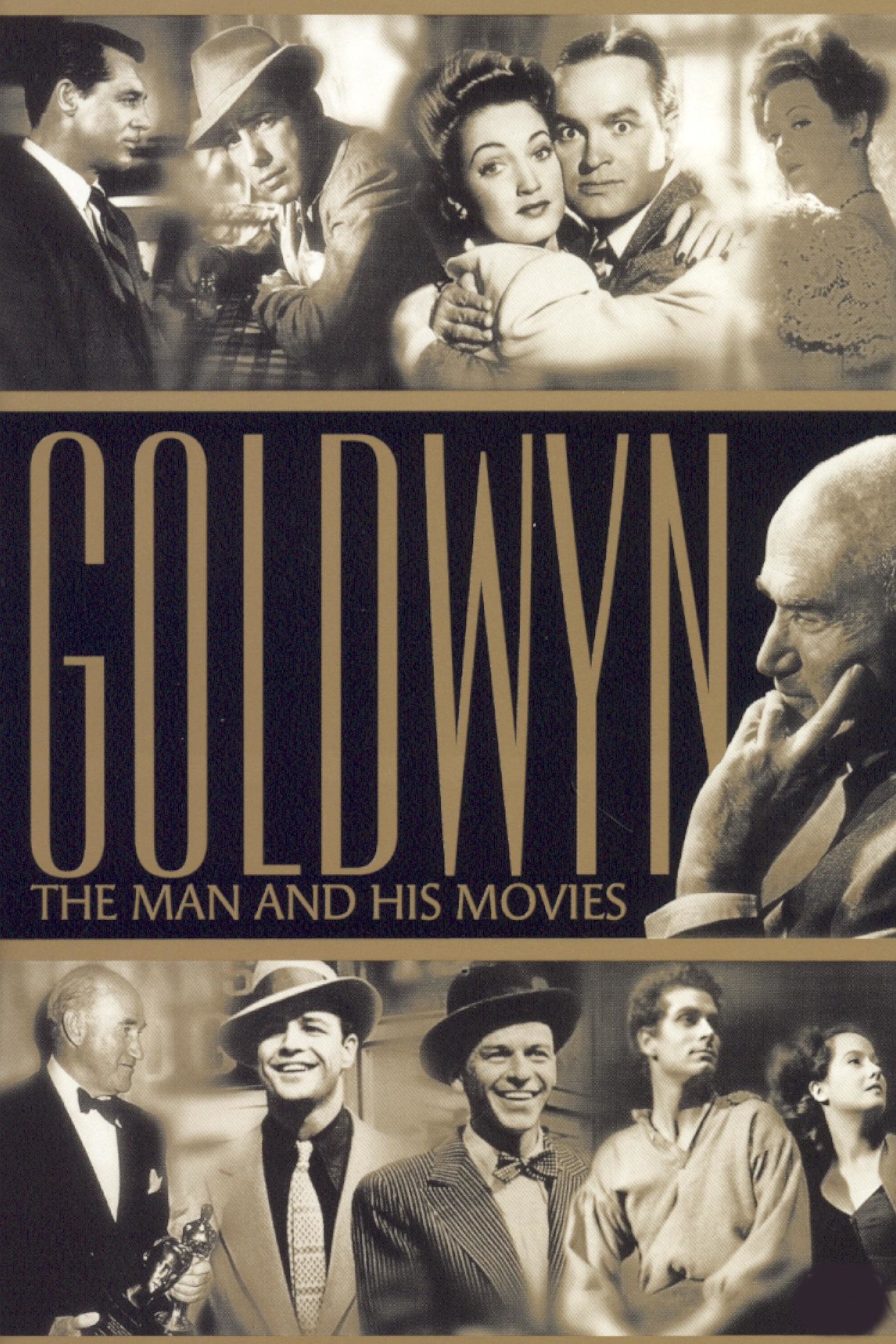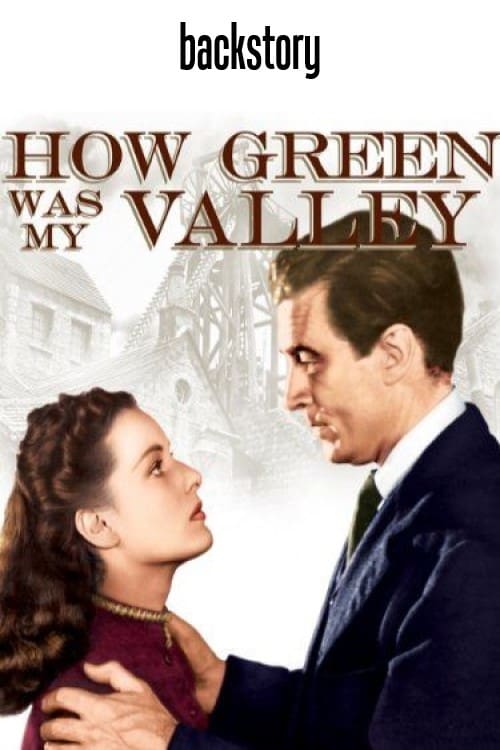

William Wyler (July 1, 1902 – July 27, 1981) was a German-born film director, producer, and screenwriter. Notable works include Ben-Hur (1959), The Best Years of Our Lives (1946), and Mrs. Miniver (1942), all which won Wyler Academy Awards for Best Director, and also won Best Picture. He earned his first Oscar nomination for directing Dodsworth in 1936, sparking a 20-year run of almost unbroken greatness. Film historian Ian Freer calls Wyler a "bona fide perfectionist," whose penchant for retakes and an attempt to hone every last nuance "became the stuff of legend." His ability to direct a string of classic literary adaptations into huge box office and critical successes made him one of Hollywood's most bankable moviemakers during the 1930s and 1940s.

The history of the peplum genre, known as sword-and-sandal cinema,...
illustrates how directors pushed boundaries and altered the art of...

The life and work of Samuel Goldwyn, a Polish-born glove...

Documentary about how the creative energies of Darryl F. Zanuck...